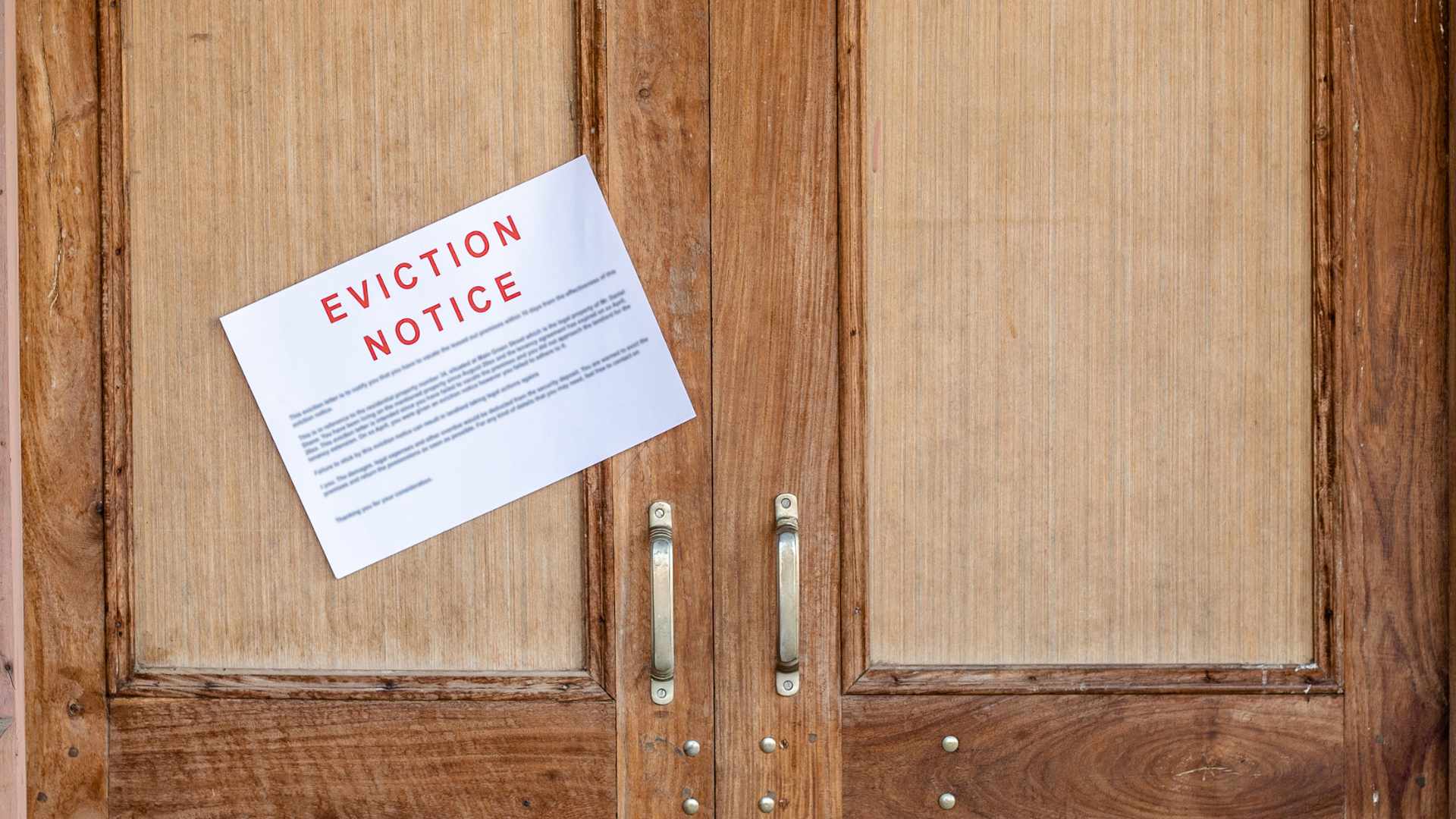
New housing policy analysis highlights strategies to combat the growing threat of corporate landlords
December 6, 2024
Wall Street watchdog PESP outlines state and local policy options for mitigating the impact of private equity and other institutional investors
The Private Equity Stakeholder Project released the fourth installment of its Tools for Tackling Corporate Landlords policy analysis series. This new report, PESP Housing Policy Primer, consolidates emerging policy solutions to address the increasing corporate domination of housing markets, particularly by private equity firms.
Starting in the years following the 2008 financial crisis, private equity and other larger investors have become increasingly active in the housing market. In addition to crowding first-time homebuyers out of the market, private equity and other corporate landlords pose threats to renters. Since they can gain market power in geographic areas with few other options for renters, they can charge high costs and offer minimal repair and upkeep. Notably in 2022, a Congressional subcommittee found that “renters in institutionally-owned single family rental homes often experience higher rent increases, inflated fees, and diminishing quality of housing over time.”
With over 1.6 million U.S. housing units owned by private equity, tenants face mounting instability, unaffordable rents, and deteriorating conditions as firms prioritize profits over people. The private equity business model—driven by the need to deliver high returns over relatively short timelines—leads to deferred maintenance, excessive fees, and regulatory evasion. Millions of Americans now live under this financialized housing model, which exacerbates the nation’s housing crisis.
The report offers a comprehensive overview of potential legislative and regulatory tools to mitigate these harms. While barriers such as state preemption, conservative legislative majorities, and well-funded landlord opposition persist, the report highlights successful measures that can be replicated at federal, state, and local levels to protect tenants and address housing affordability.
This installment builds on the series’ previous reports, which explored landlord licensing and rental inspections (Part 1), state preemption of housing justice measures (Part 2), and pro-competitive housing policy reforms (Part 3). By consolidating proven and proposed solutions, the PESP Housing Policy Primer serves as a vital resource for policymakers and advocates seeking to curb housing consolidation and ensure safe, affordable, and accessible housing for all.
“Private equity’s growing grip on the housing market is destabilizing communities and eroding housing security for millions of families,” said Chris Noble, PESP Policy Director. “This report demonstrates that while regulating corporate landlords such as private equity firms is challenging, it is far from impossible. We hope this overview empowers lawmakers and advocates to act swiftly to combat housing inequities and protect tenants.”
As housing affordability and security remain major hurdles for Americans, this report underscores the need for swift and bold action. Policymakers at all levels of government have the tools to address corporate landlord abuses and ensure that housing is treated as a human right—not a commodity.
The full report is available here: pestakeholder.org/reports/2024-pesp-housing-policy-primer
